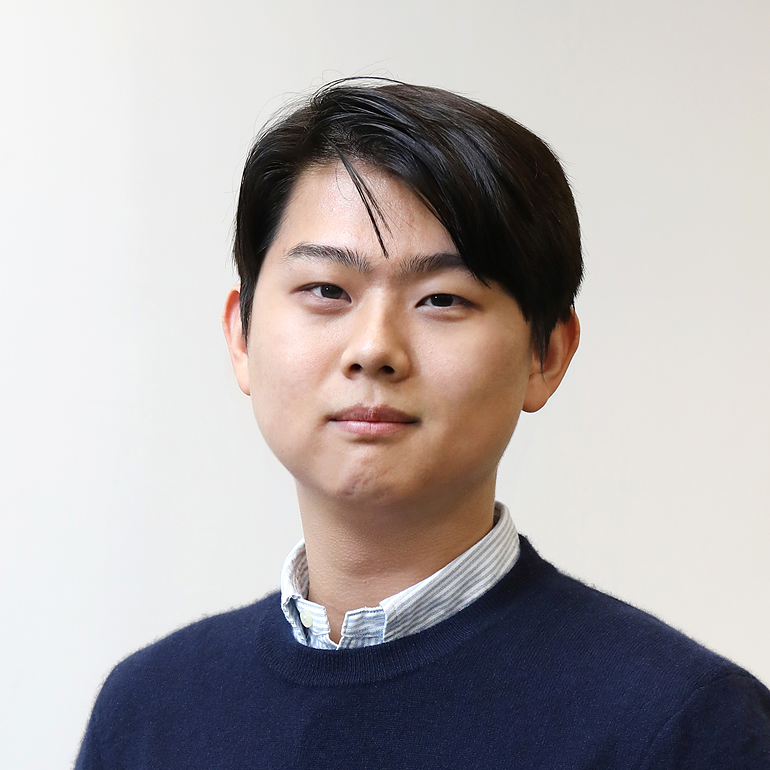Korea considering making 'game addiction' an official disease
Published: 02 Aug. 2024, 07:00
-

- CHO YONG-JUN
- cho.yongjun1@joongang.co.kr
![Prime Minister Han Duck-soo holds a sword from the game Lies of P during his visit to the headquarters of Neowiz, the global publisher of Lies of P, in Pangyo, Gyeonggi. [YONHAP]](https://koreajoongangdaily.joins.com/data/photo/2024/08/02/3cdc525d-1898-4a02-b887-1b2a10725c74.jpg)
Prime Minister Han Duck-soo holds a sword from the game Lies of P during his visit to the headquarters of Neowiz, the global publisher of Lies of P, in Pangyo, Gyeonggi. [YONHAP]
As Korea works to reform its medical classification system, many are speculating that “game addiction” may soon become an official disease.
Back in 2019, the World Health Organization (WHO) made video game addiction an official disorder in its latest edition of the International Classification of Diseases, a medical code widely used as a reference for other countries' diagnoses.
Korea's own Korean Standard Classification of Diseases (KCD), in fact, has primarily been based on the ICD. If the country follows the WHO's lead, which it tends to, then it's only a matter of time until “gaming disorder” appears in the KCD.
The latest interaction of KCD is set to be announced in 2030 and will be implemented the following year.
“Heavy gamers, who, up to this point were just called ‘hard-core gamers,’ might be called 'patients with mental illness' in the future with the introduction of video game illness in the KCD,” a Korea-based gaming industry insider told the JoongAng Ilbo, an affiliate of the Korea JoongAng Daily.
“Video games will be regarded as a disease-causing agent, like gambling, drugs or alcohol, not as culture content.”
![A PC bang (internet cafe) in Dongjak District, southern Seoul. [YONHAP]](https://koreajoongangdaily.joins.com/data/photo/2024/08/02/e980974f-aa1e-4c30-b173-59af5ed72817.jpg)
A PC bang (internet cafe) in Dongjak District, southern Seoul. [YONHAP]
The ICD-11 characterizes gaming disorders as “a pattern of persistent or recurrent gaming behavior” including “impaired control over gaming,” “increasing priority given to gaming to the extent that gaming takes precedence over other life interests and daily activities” and “continuation or escalation of gaming despite the occurrence of negative consequences.”
In other words, an addiction to video games that lasts longer than a year is considered a disorder and illness under the WHO's latest standards.
Similar concerns have been swirling around the Korean game industry since as early as 2018, and a clear resolution has yet to materialize.
“There has been no clear agreement on the symptoms caused by the problematic games, and the issue lies in the lack of definition and concept agreed upon by scholars,” Professor Cho Mun-seok told the JoongAng Ilbo.
In fact, the classification uses similar wording to describe code 6C50 — gambling disorder, classified as a “pattern of persistent or recurrent gambling behavior.”
Video game addiction being listed as a disease in Korea is a problem for the country, which heavily exports games to the international market.
Games account for 64.1 percent of Korea's content exports, having brought in $8.34 billion in 2023. The sector's share is significantly larger than that of K-pop, which accounted for 8.1 percent, and Korean TV series, claiming 6.4 percent. The Ministry of Culture, Sports and Tourism announced plans to invest in the development of “cutting-edge” game technologies and help domestic developers create console games.
The introduction of video game addiction as a disease could result in damages to the industry worth 8 trillion won ($5.7 billion), according to 2019 research contracted by the Office for Government Policy Coordination, almost half the value of the entire Korean game industry, which is currently rated at 20 trillion won.
“You either say that video games are the cause of a disease so you can restrict and regulate them or you help support the industry so it can grow as a cultural [export] of Korea,” an industry insider told the JoongAng Ilbo. “The government should be busy doing one of them.”
Politicians are trying to block the move. Democratic Party policymaker Kang Yu-jung has suggested a revision to the Statistics Act that “references” international standards instead of applying them directly to the KCD and creates a procedure to collect feedback from experts and interested parties on proposed additions.
Lawmakers are also preparing to form the Game Policy Forum, a bipartisan research group with the aim of improving the perception of video games and pushing to deregulate the industry.
The government, on the other hand, remains undecided. The Culture Ministry has objected to the introduction of game addiction as a disease while the Ministry of Health and Welfare reportedly supports the implementation.
BY JEONG YONG-HWAN [cho.yongjun1@joongang.co.kr]










with the Korea JoongAng Daily
To write comments, please log in to one of the accounts.
Standards Board Policy (0/250자)